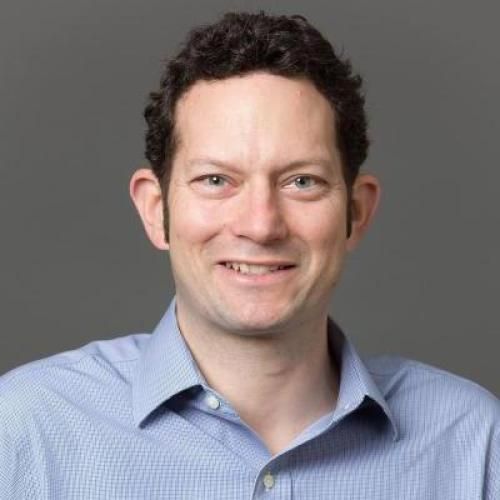Mitogen-induced B-cell proliferation activates Chk2-dependent G1/S cell cycle arrest.
B-cell activation and proliferation can be induced by a variety of extracellular stimuli. The fate of an activated B cell following mitogen stimulation can be dictated by the strength or duration of the signal, the expression of downstream signaling components necessary to promote proliferation, and the cell intrinsic sensors and regulators of the proliferative program. Previously we have identified the DNA damage response (DDR) signaling pathway as a cell intrinsic sensor that is activated upon latent infection of primary human B cells by Epstein-Barr virus (EBV). Here we have assessed the role of the DDR as a limiting factor in the proliferative response to non-viral B-cell mitogens. We report that TLR9 activation through CpG-rich oligonucleotides induced B-cell hyper-proliferation and an ATM/Chk2 downstream signaling pathway. However, B-cell activation through the CD40 pathway coupled with interleukin-4 (IL-4) promoted proliferation less robustly and only a modest DDR. These two mitogens, but not EBV, modestly induced intrinsic apoptosis that was independent from the DDR. However, all three mitogens triggered a DDR-dependent G1/S phase cell cycle arrest preventing B-cell proliferation. The extent of G1/S arrest, as evidenced by release through Chk2 inhibition, correlated with B-cell proliferation rates. These findings have implications for the regulation of extra-follicular B-cell activation as it may pertain to the development of auto-immune diseases or lymphoma.
Duke Scholars
Altmetric Attention Stats
Dimensions Citation Stats
Published In
DOI
EISSN
Publication Date
Volume
Issue
Start / End Page
Location
Related Subject Headings
- Signal Transduction
- S Phase Cell Cycle Checkpoints
- Mitogens
- Lymphocyte Activation
- Interleukin-4
- Humans
- General Science & Technology
- G1 Phase Cell Cycle Checkpoints
- DNA Damage
- Checkpoint Kinase 2
Citation
Published In
DOI
EISSN
Publication Date
Volume
Issue
Start / End Page
Location
Related Subject Headings
- Signal Transduction
- S Phase Cell Cycle Checkpoints
- Mitogens
- Lymphocyte Activation
- Interleukin-4
- Humans
- General Science & Technology
- G1 Phase Cell Cycle Checkpoints
- DNA Damage
- Checkpoint Kinase 2

